IPE Simulation Lab Hosts Open House
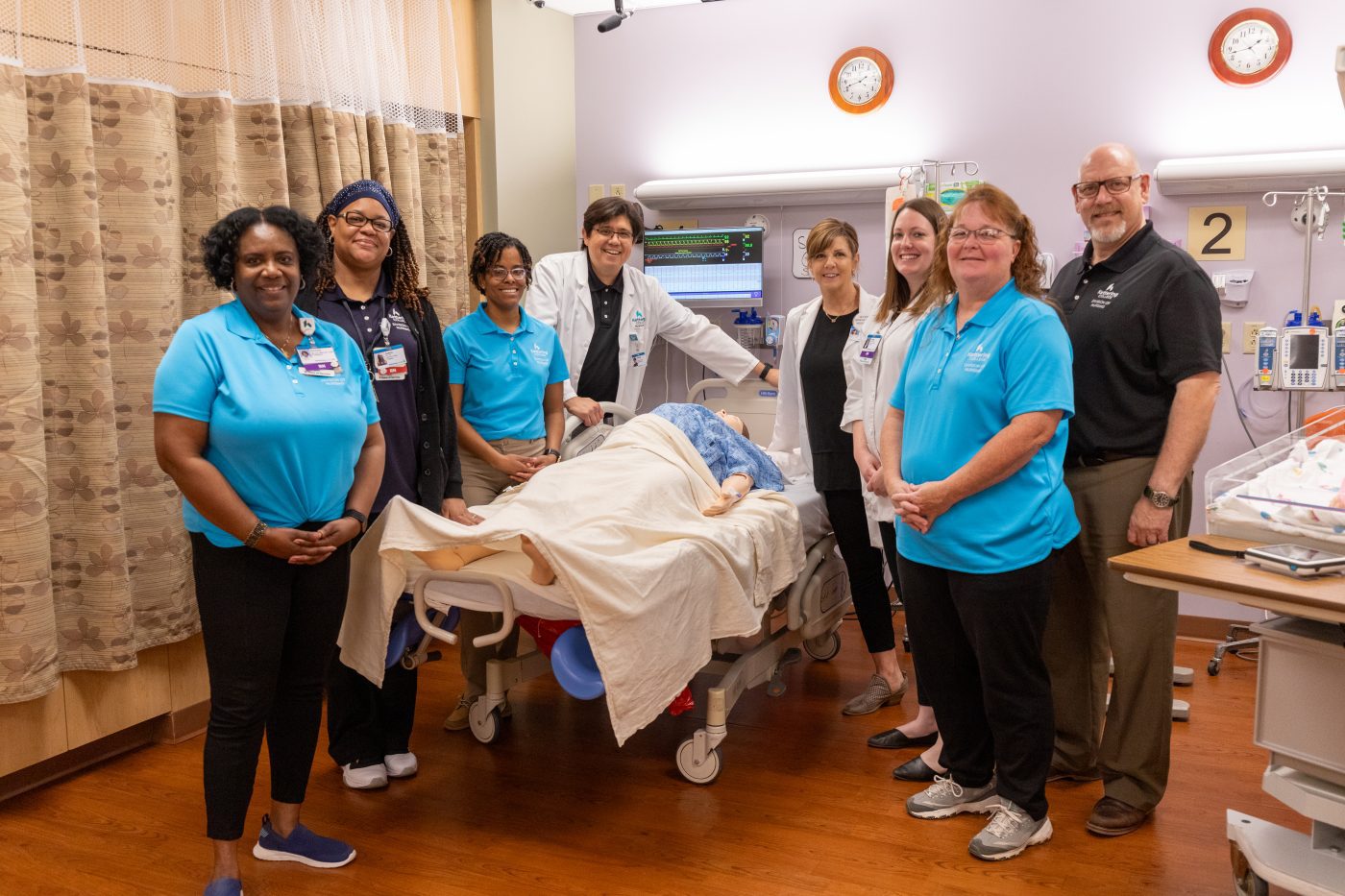

October 9, 2023 – The Interprofessional Professional Education (IPE) Simulation Lab held an open house to invite students, faculty, and staff to learn more about the facility.
The faculty and staff created a fun, casual event with popcorn and tours of the labs. Some simulation mannikins were even in a group called “SimNettes” and were singing for visitors. The light-hearted event was a great way to invite people in and explain the simulation capabilities at Kettering College.
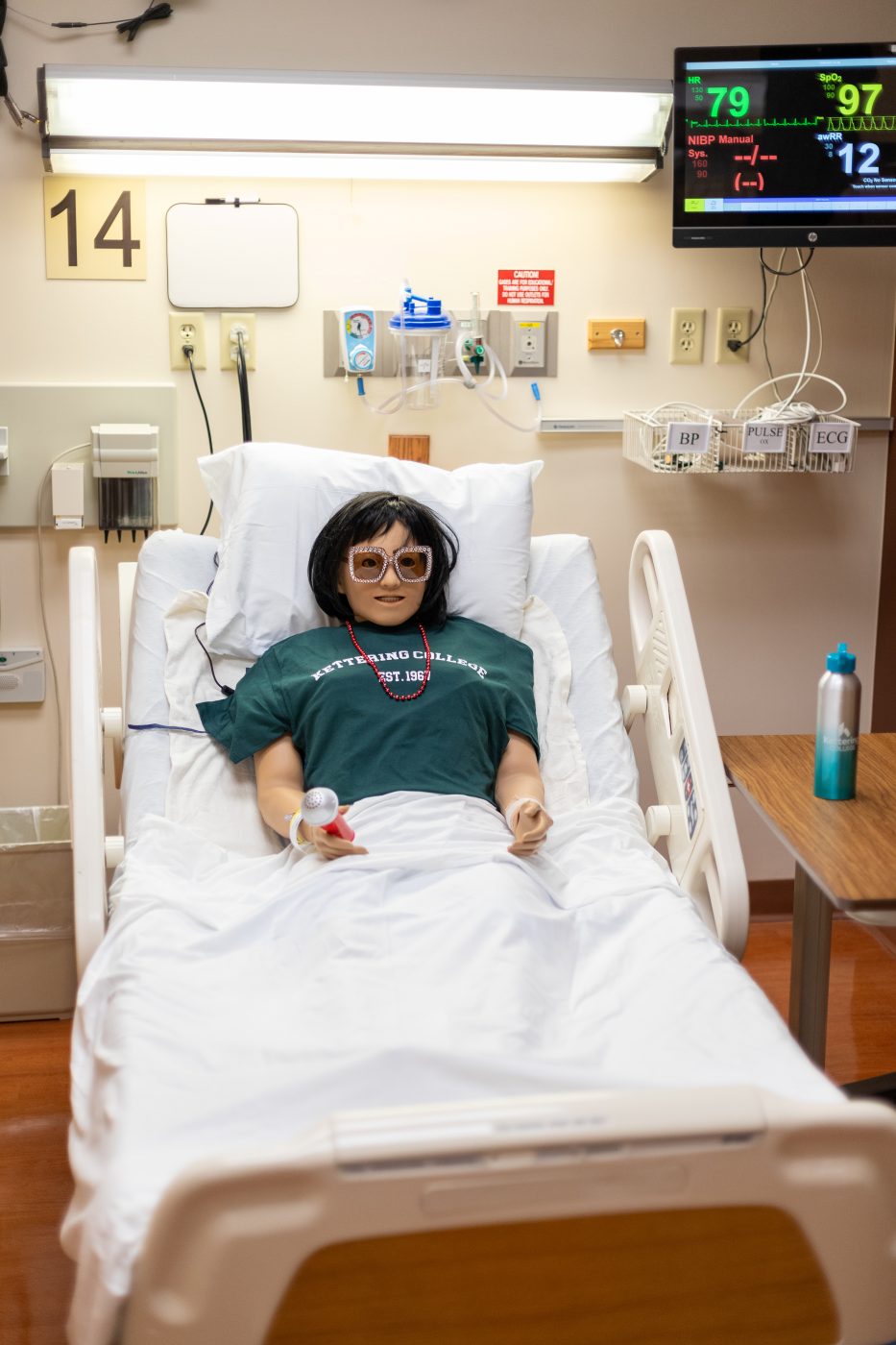

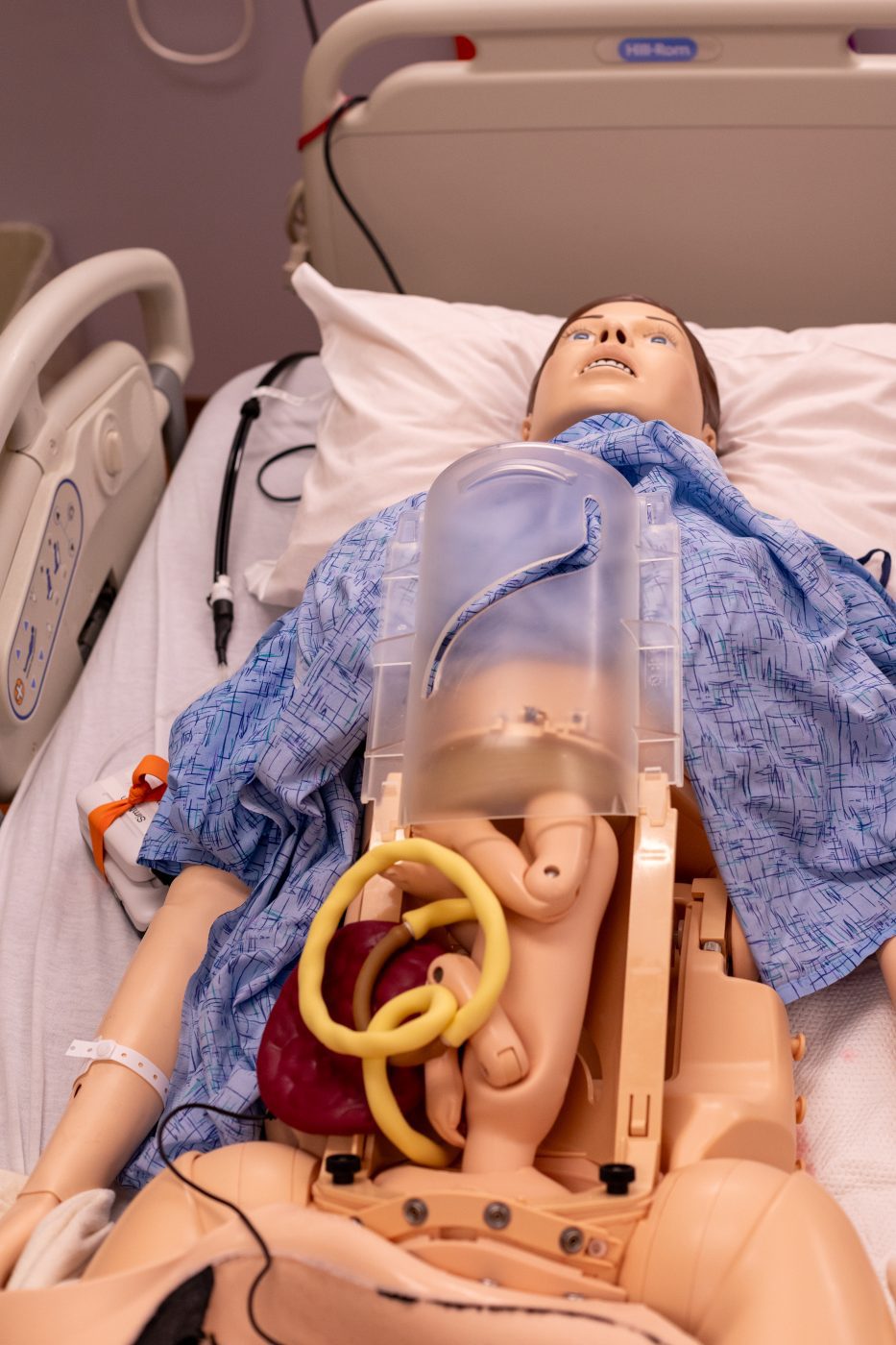

Everyone on the IPE sim lab team was excited and eager to walk visitors around, explaining details of each mannikin, and how simulation events set students up for success in the real world. Gerson Hortua, simulation technician, says, “We have state-of-the-art, high-tech equipment, but we make sure that students’ learning doesn’t get derailed or overwhelmed by the technology. The learning comes before technology, and we are always focused on patient care.”
Aside from medical mannikins who mimic everything from childbirth to blood release, Phillip Smith, IPE sim lab technology coordinator, has created our own patient-intake software to mimic the EPIC system used by Kettering Health.
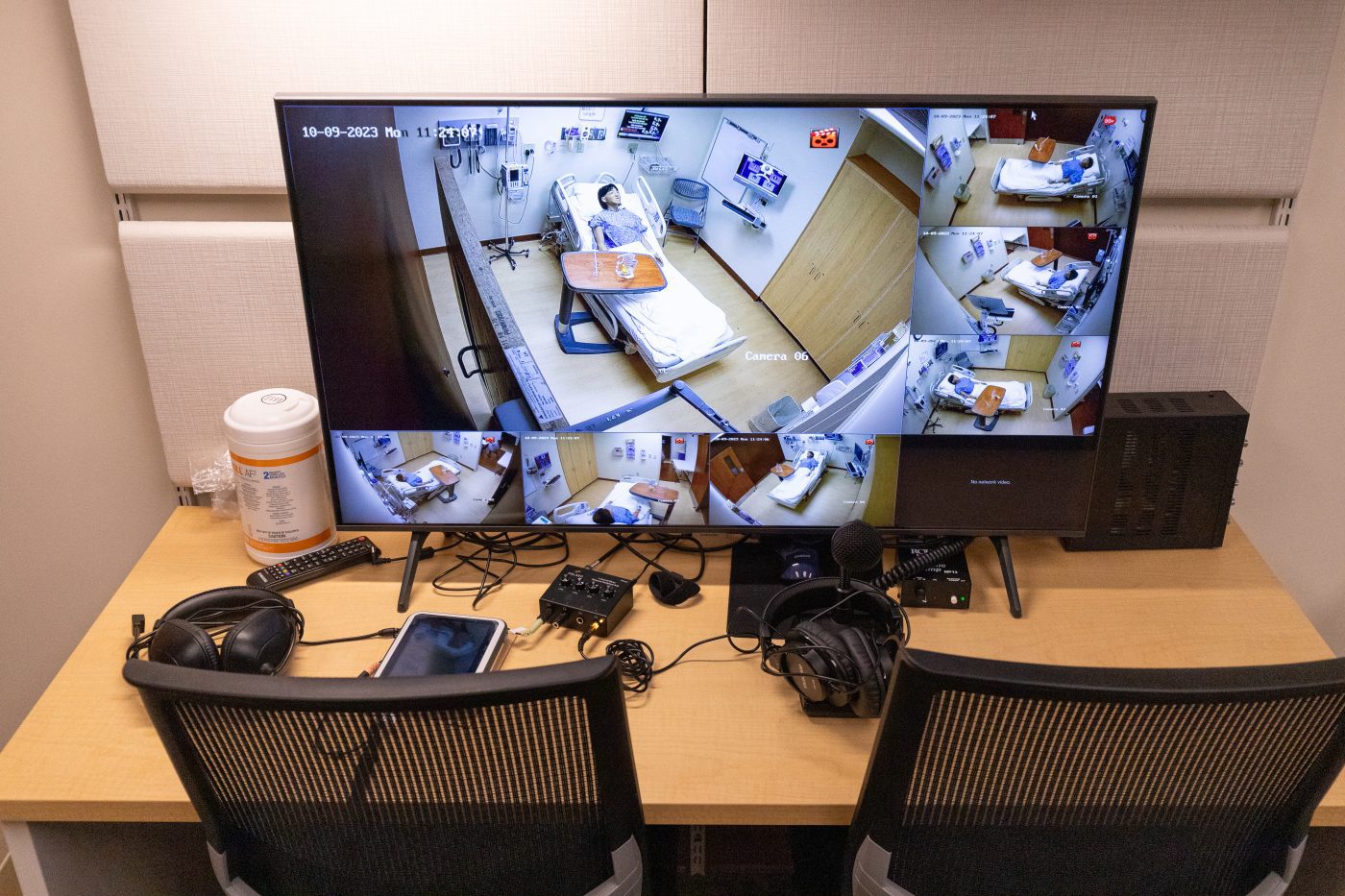

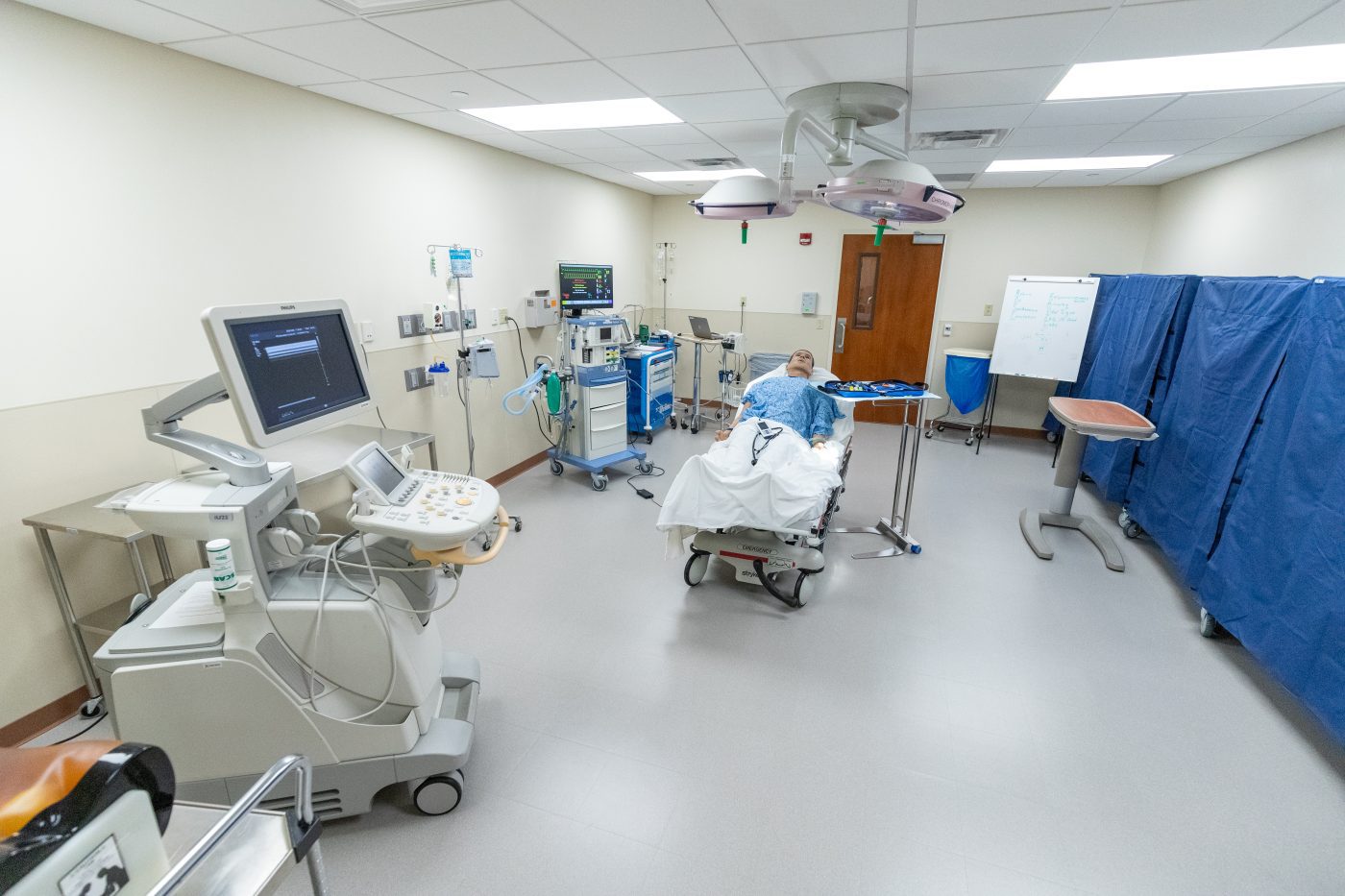

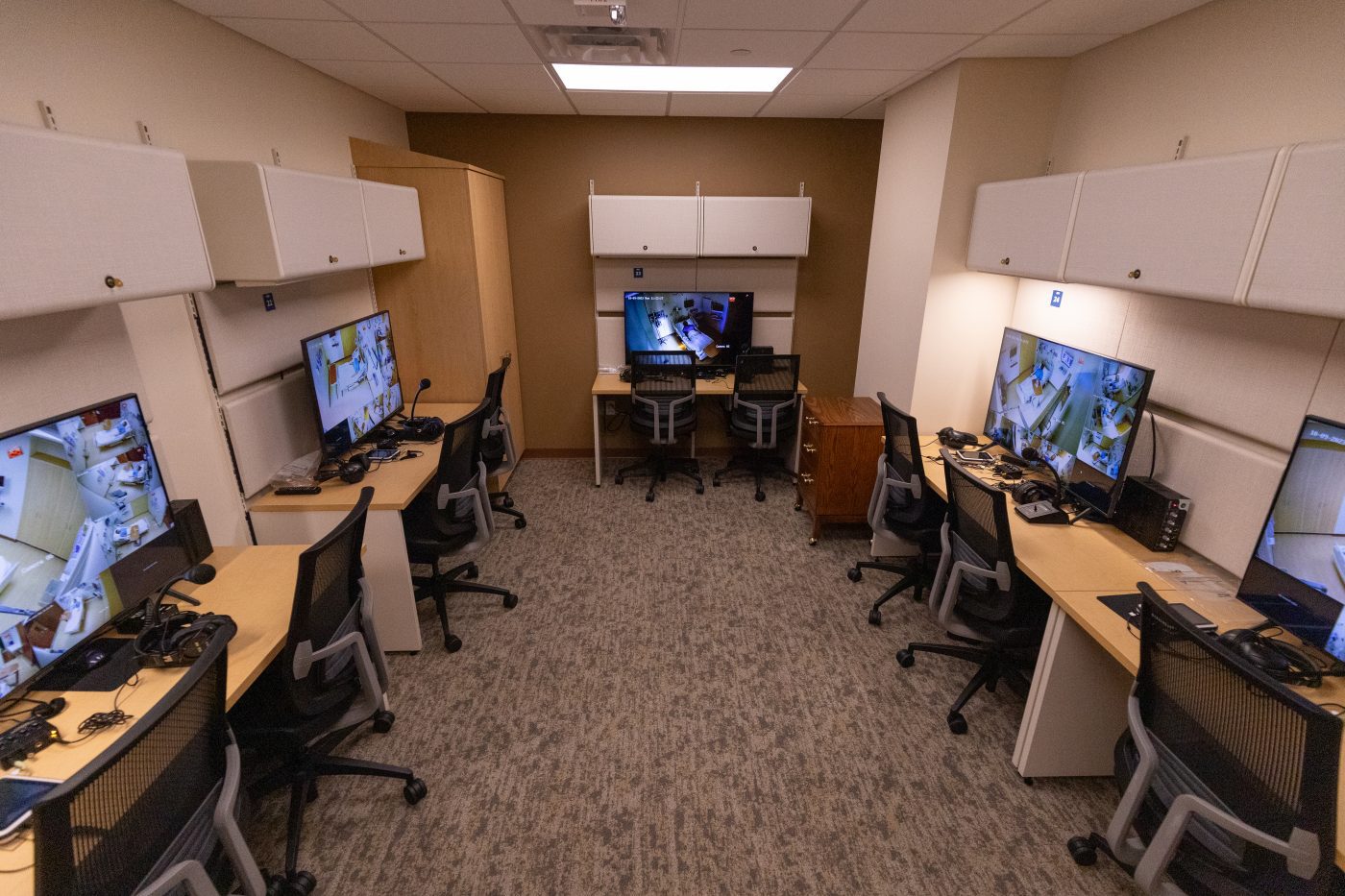

The objective is to create a realistic healthcare environment with real situations to normalize it for students. This grows confidence, familiarity, and knowledge. This hands-on, immersive learning allows students to learn skills in a safe space where no lives are at risk. Gerson says, “It’s better to make mistakes on a mannikin than a patient. All we do here is re-set the mannikin and move on.”
Bev McLean, IPE lab coordinator, explains that simulation is an important component of learning and solidifying knowledge. She says, “It’s been researched and proven to be a very effective way to teach students and help prepare them for their careers, as they gain a fuller understanding of what they are doing.”
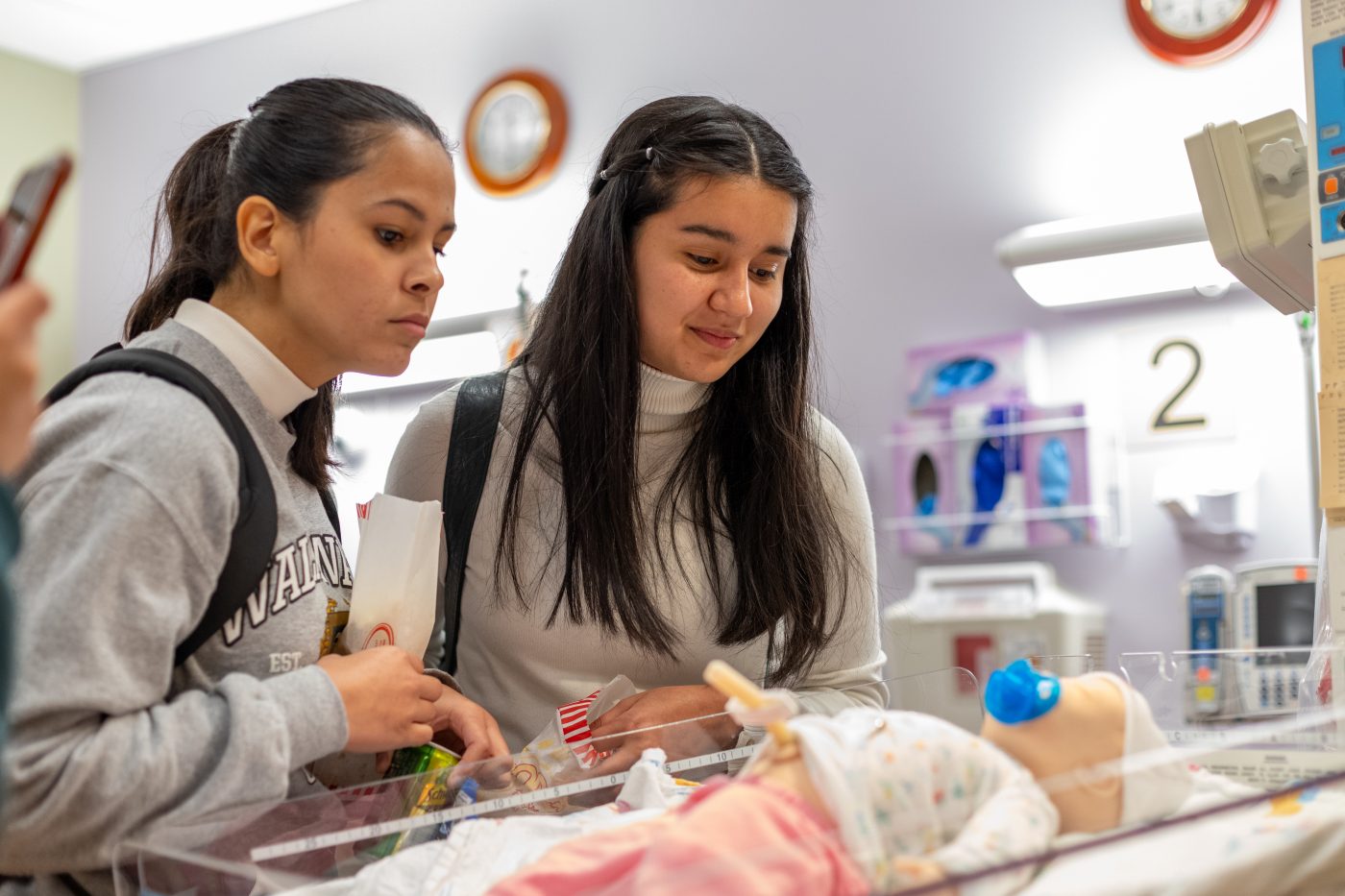

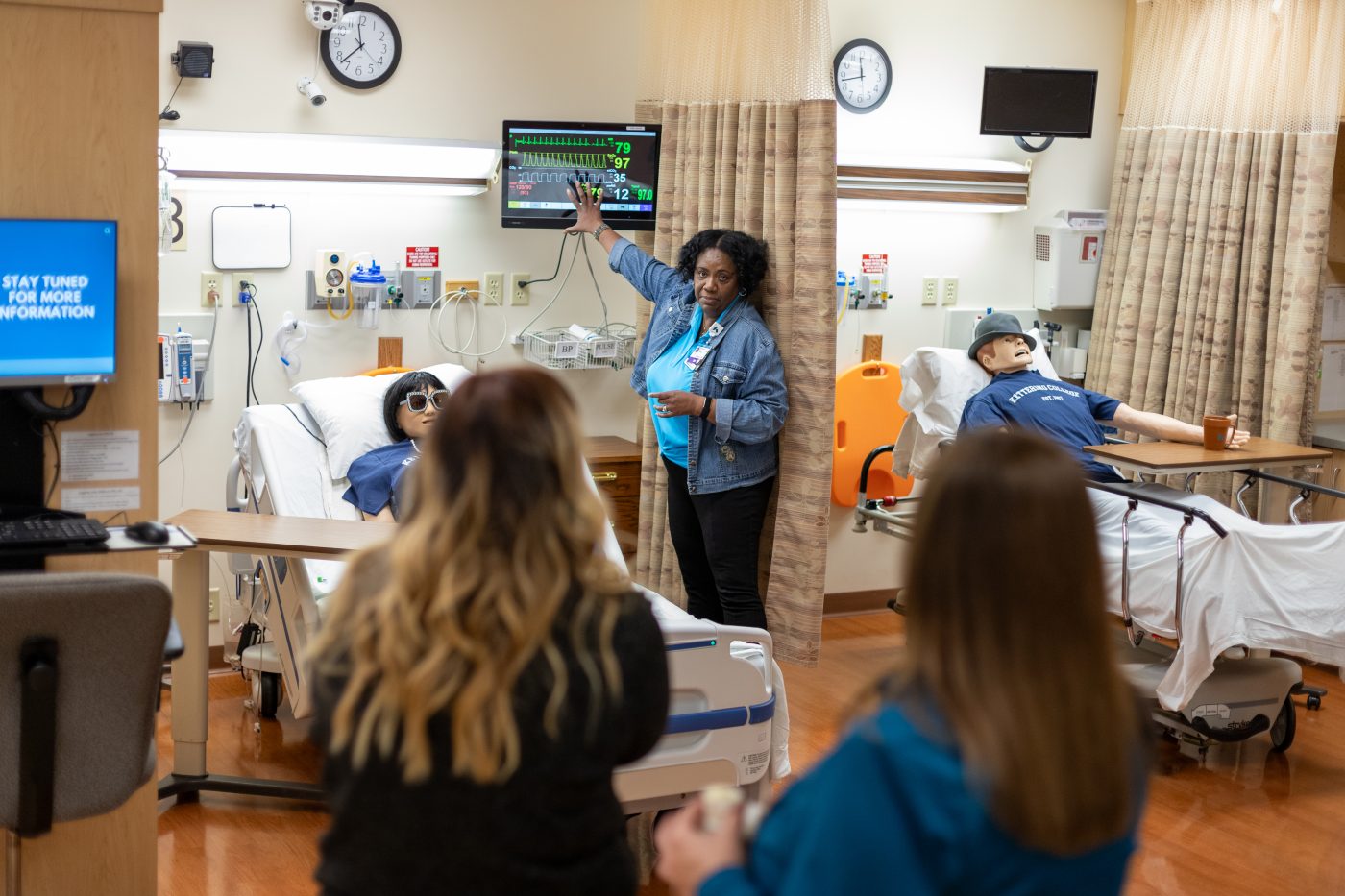

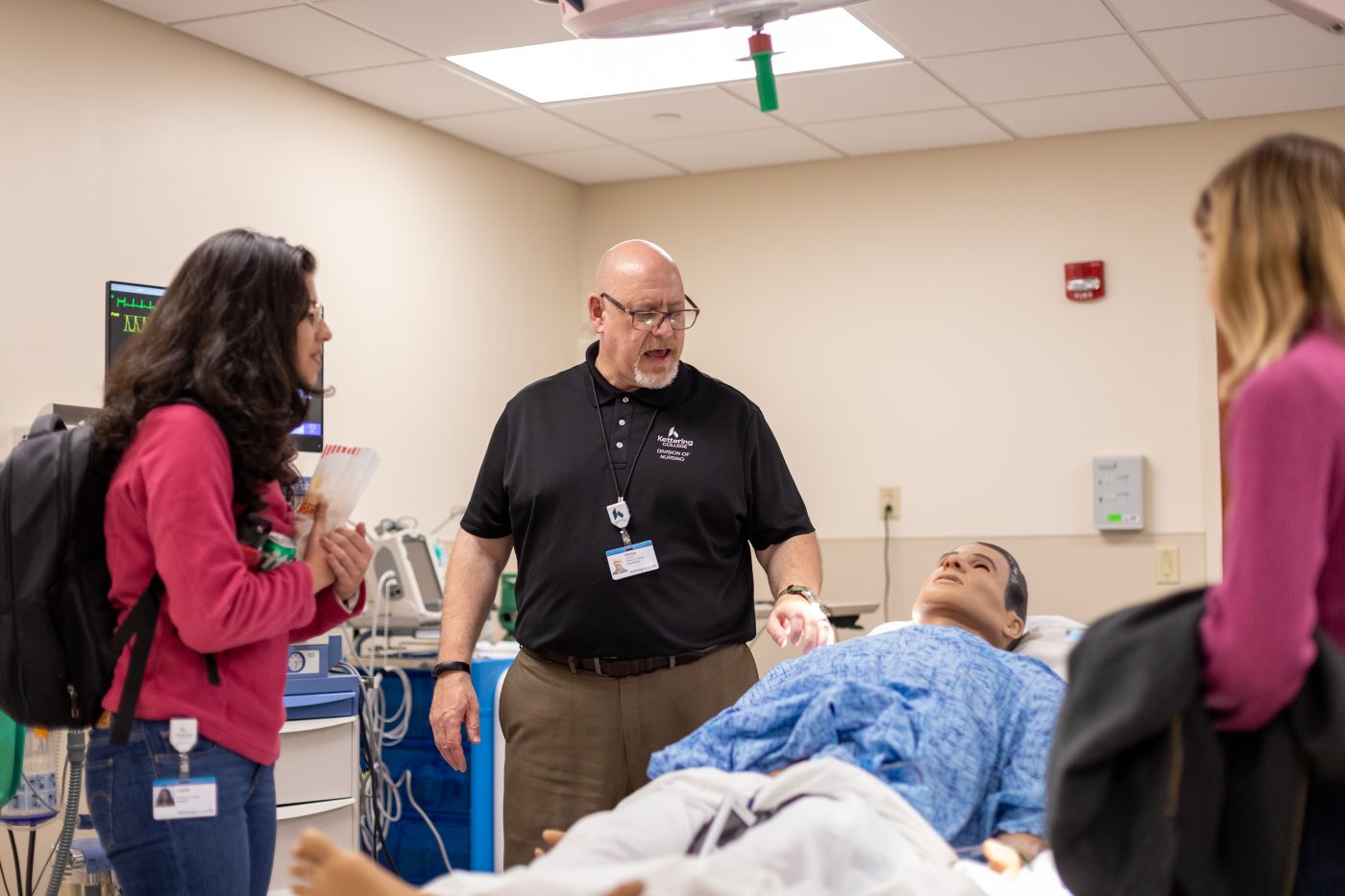

Not only do students learn how to conduct medical procedures, but they also learn about themselves and how they might react in a situation that surprises them. From the control booth, instructors can make the mannikins react, speak, and even shout, as might be the case in a hospital setting. Students learn to think quickly without losing focus or professionalism and gain an understanding of their own sensitivities during stress.
All students are recorded while they conduct their simulation exercises, and they immediately watch the recording. As they observe themselves, they explain what they did well and what they could gain more confidence and knowledge in. They are then given another opportunity to repeat the simulation to put that new information into practice that same day to put this newfound metacognition into action.
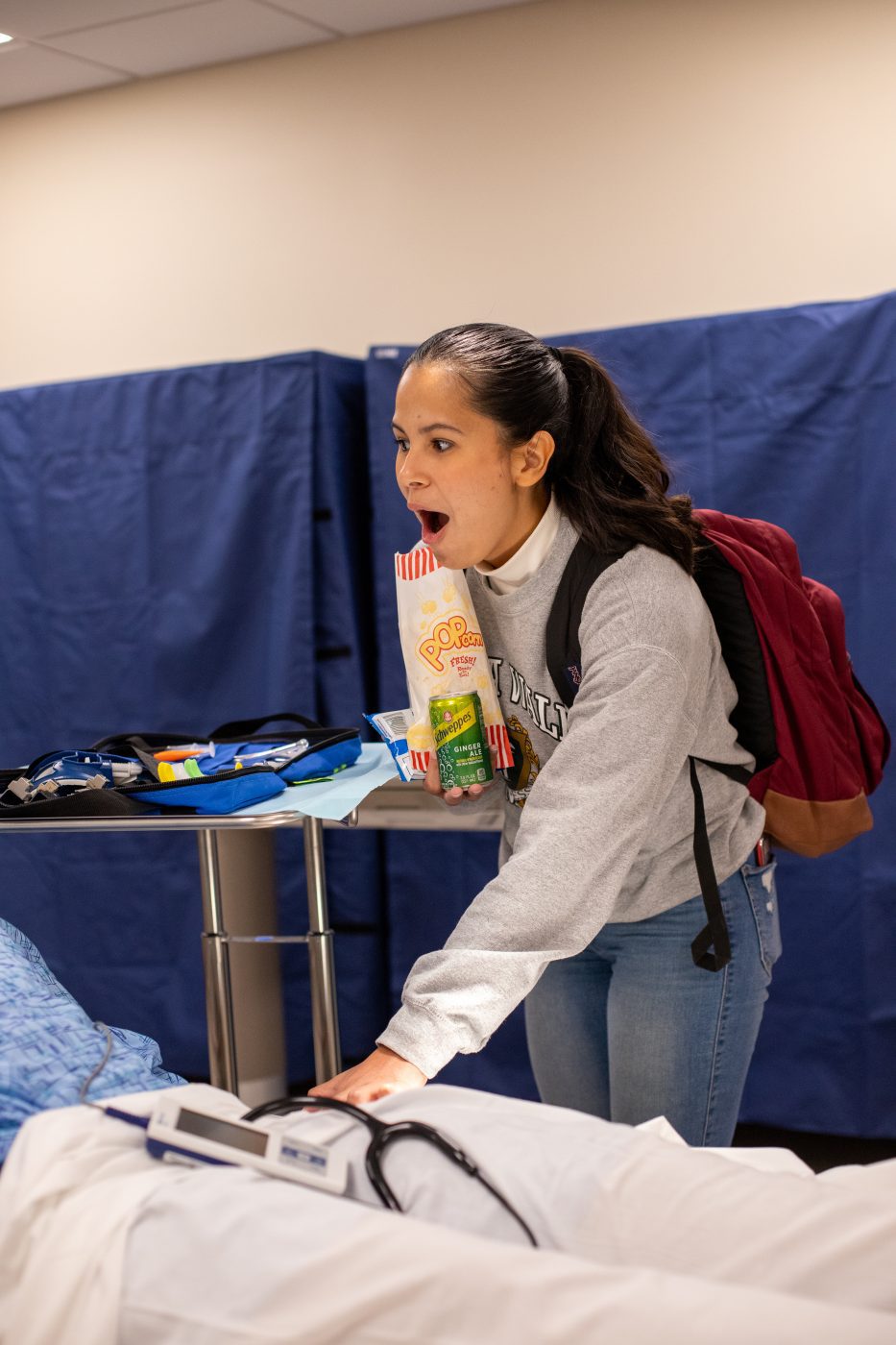

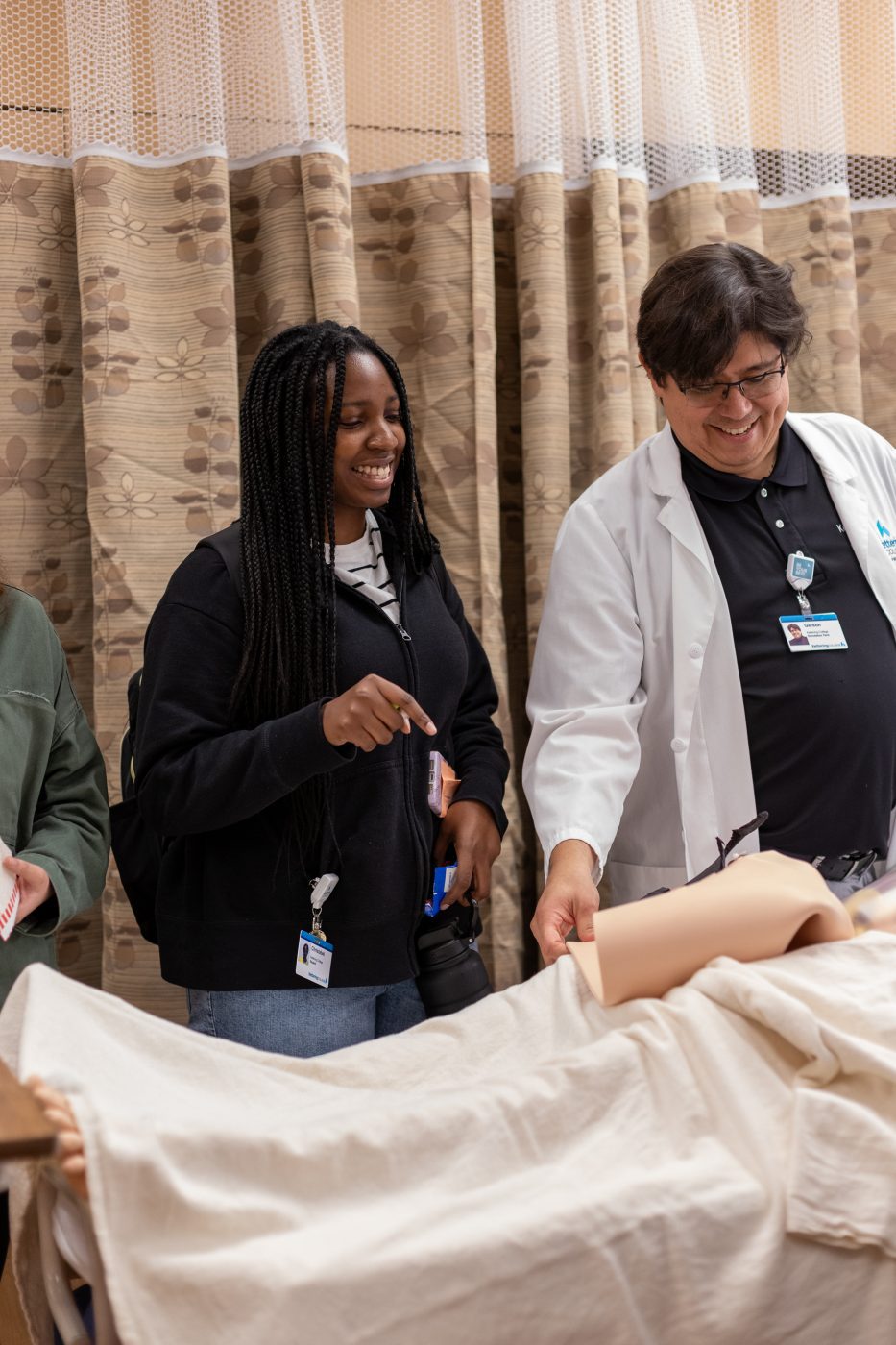

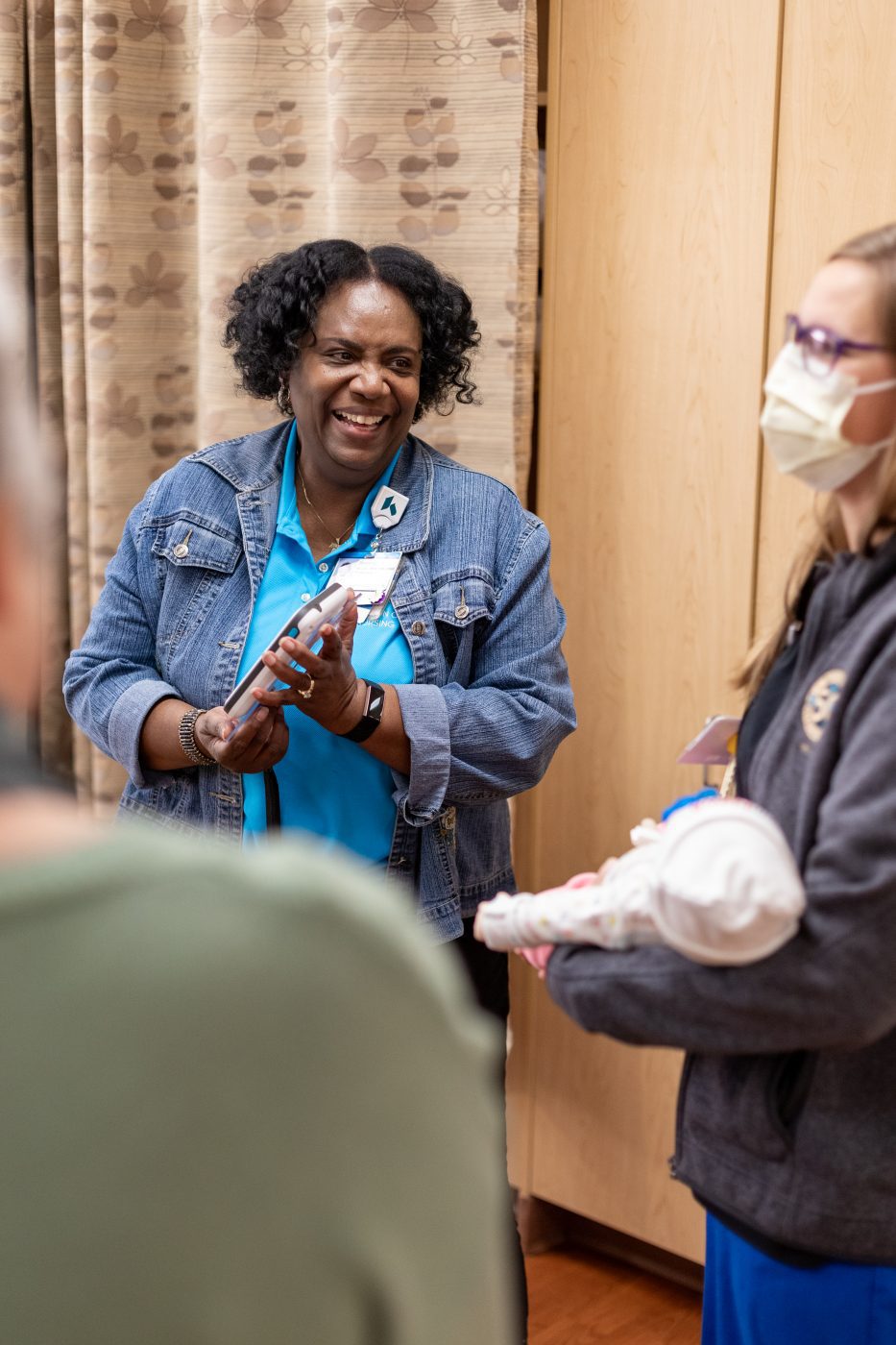

Bev says this pattern helps the student grasp the information even better since they are not simply sitting back and watching someone. Rather, they are actively taking part in the experience, engaging in the process, and putting their knowledge and skills to work.
Our IPE labs are used mostly by Nursing students, but every program at Kettering College that holds clinicals utilizes it. Kettering Health employees and residents often use the facility as well to continue their education and practice their skills to best serve their patients.
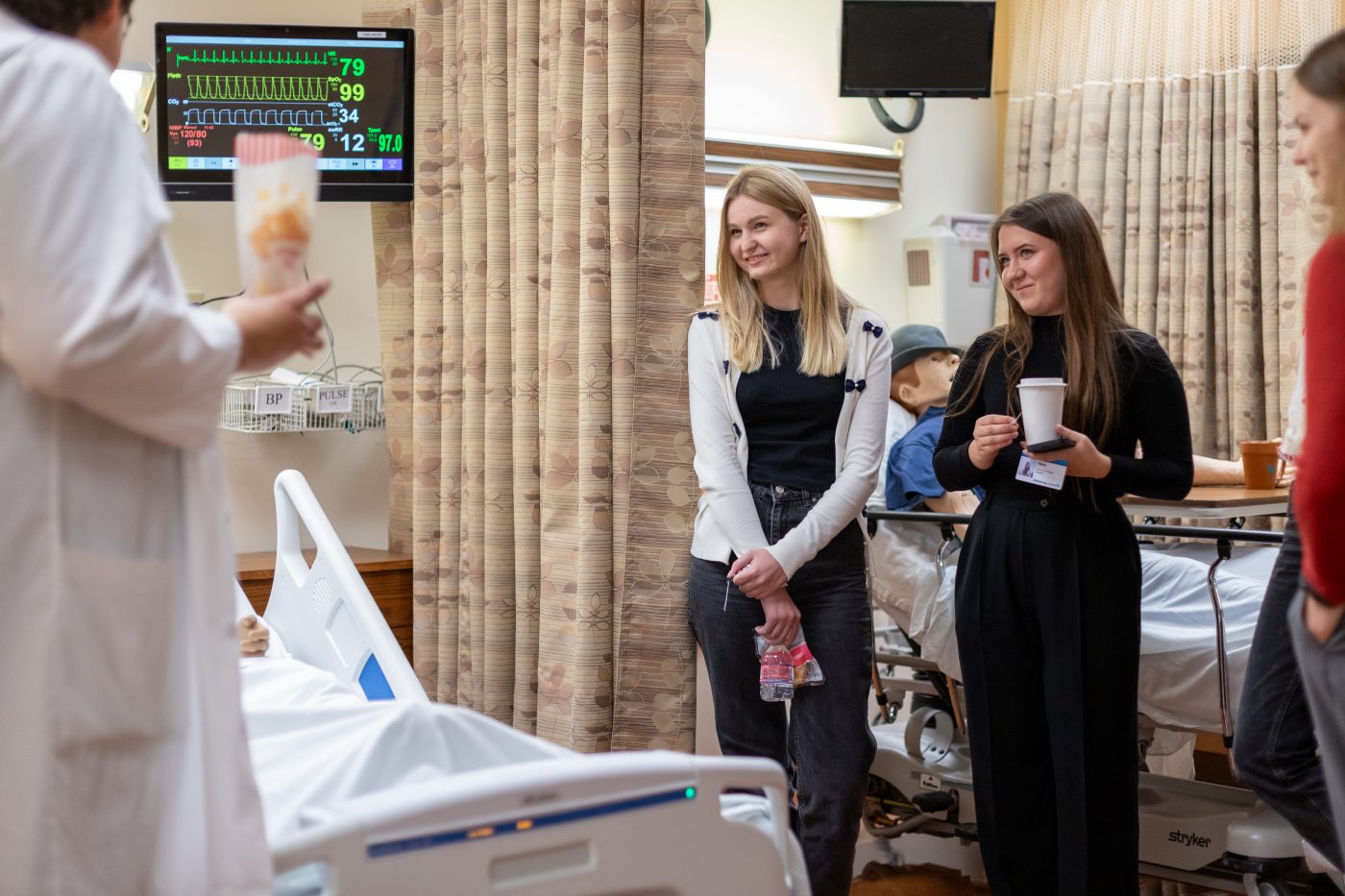

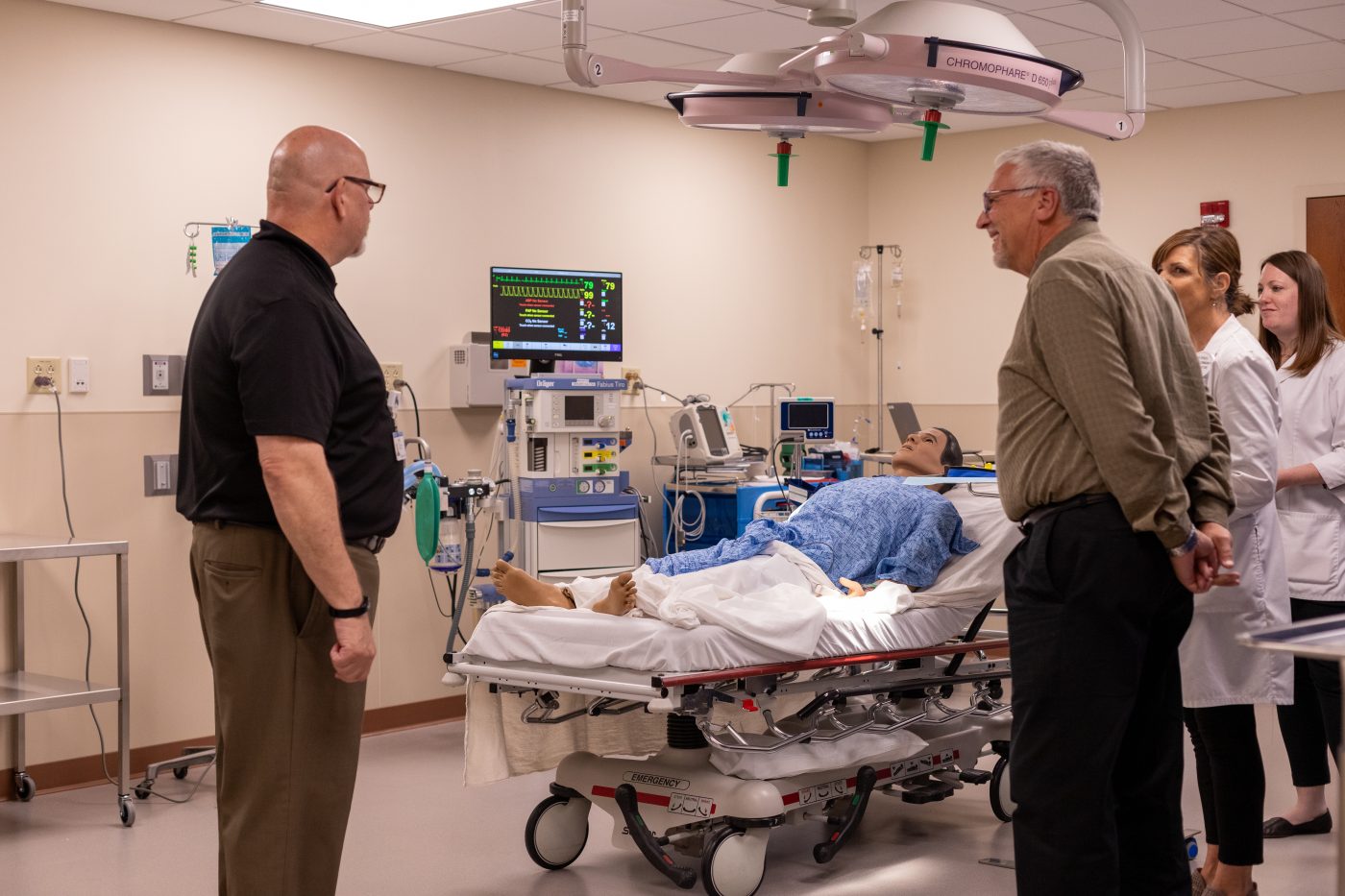

We are blessed to have such a robust simulation lab right here on our campus. Clinical sites are difficult to find for healthcare students, but our students have the advantage of having this resource in their building. Bev says it is also an advantage that our labs can accommodate 20 students getting hands-on experience at the same time, instead of a few students having a chance while the others watch, which is often the case in college simulation labs.
Thank you to the faculty and staff who dedicate themselves to creating a safe space in the IPE simulation labs where students are welcome to ask questions, make mistakes, and learn from their experiences before confidently serving patients one day.
Print This Page